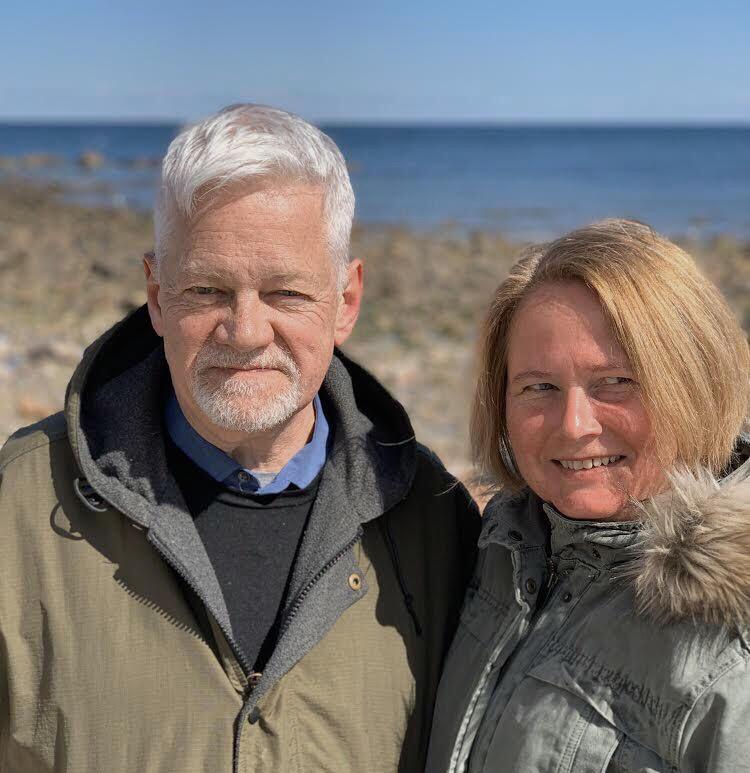Genomic data from Atlantic cod used to identify the best models for understanding reproduction and population growth
Experts in population genetics and evolutionary biology at the University of Iceland and their colleagues have determined which models are most suitable for evaluating reproduction and growth of the Atlantic cod population. These findings are reported in the latest issue of the journal eLife. The research also significantly advances our understanding of genetic diversity in highly fecund organisms.
The scientists behind the article, which is entitled "Sweepstakes reproductive success via pervasive and recurrent selective sweeps," are Einar Árnason, professor emeritus in evolutionary biology and population genetics at UI, Katrín Halldórsdóttir, researcher at the UI Institute of Life and Environmental Sciences, Jere Koskela, associate professor at the University of Warwick, and Bjarki Eldon, postdoctoral researcher at the Leibnitz Institute for Evolution and Biodiversity Science in Berlin.
The article shares findings from the project "Population genomics of highly fecund codfish", which was awarded a grant of excellence from the Icelandic Research Fund for 2018-2022. "The inspiration behind the research was the high variability in recruitment in the population dynamics of Atlantic cod. We aimed to identify the best models for evaluating reproduction and population growth and changes in highly fecund organisms. The Atlantic cod is a highly fecund species and the cod fishery is one of the mainstays of the Icelandic economy," explains Katrín. Over the course of their research careers, she and Einar have focused on natural selection in this species that is so important to the Icelandic nation.
In order to limit fishing to sustainable levels, we need to understand as clearly as possible how the population grows and how the organism reproduces. "To evaluate the size of the population and predict growth rates, we need the right models. This study is the first of its kind, using whole population genome sequencing to analyse multi-merger coalescent models appropriate for high fecundity diploid organisms" explains Katrín.
The research reveals that the classical models usually used do not explain the data as well as the newer models. According to Einar and Katrín, this knowledge could change our understanding and predictions about populations of highly fecund organisms. These newer models trace individuals back to common ancestors in a way that merges multiple ancestral lines (multi-merger coalescence), whereas traditional models merge just two lines at a time (binary-merger coalescence).
The key question of the project, on which this research was based, is whether highly fecund organisms, like the Atlantic cod, reproduce by what may be called 'sweepstakes reproduction'. Sweepstakes reproduction means that reproductive success is like winning the lottery: there are few winners and many losers leading to very high variance and skew in individual reproductive output. To answer this question and others, the scientists used approaches from molecular biology and genomics, as well as new mathematical and statistical methodology.
The editorial evaluation from eLife, published alongside the paper, states that "this fundamental work significantly advances our understanding of genetic diversity in highly fecund organisms by showing that the Atlantic cod genome is prone to recurrent selective sweeps. The evidence supporting these conclusions is compelling, with rigorous analysis of the site frequency spectrum providing support for models of selective sweepstakes reproduction and multi-merger coalescents. This work will be of broad interest to evolutionary geneticists and should stimulate future work to determine whether random sweepstakes interact with selective sweepstakes."
The article is published in open access and therefore is available for anyone to read.




